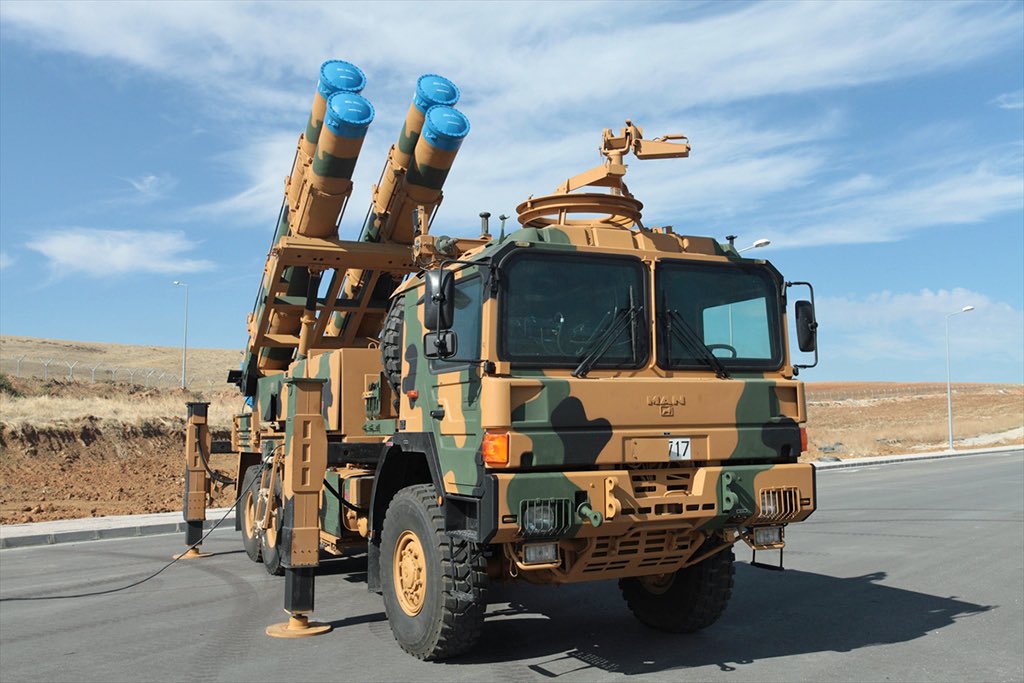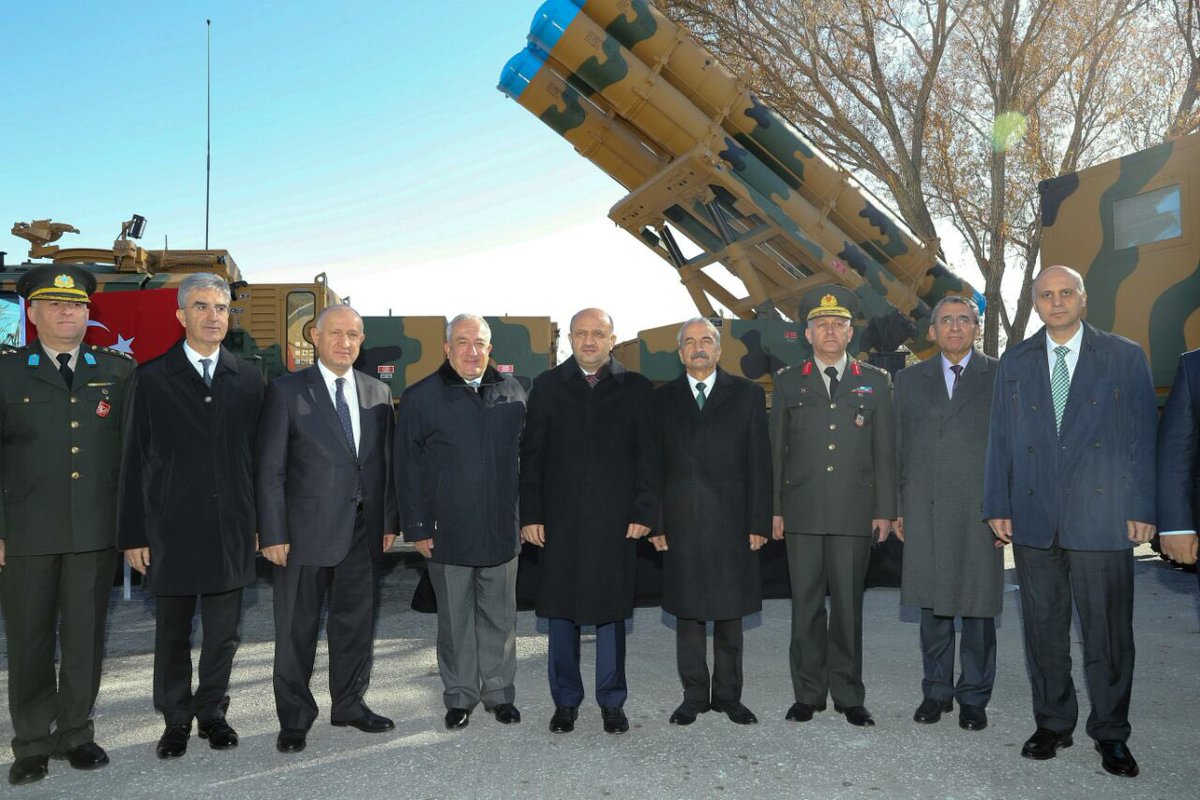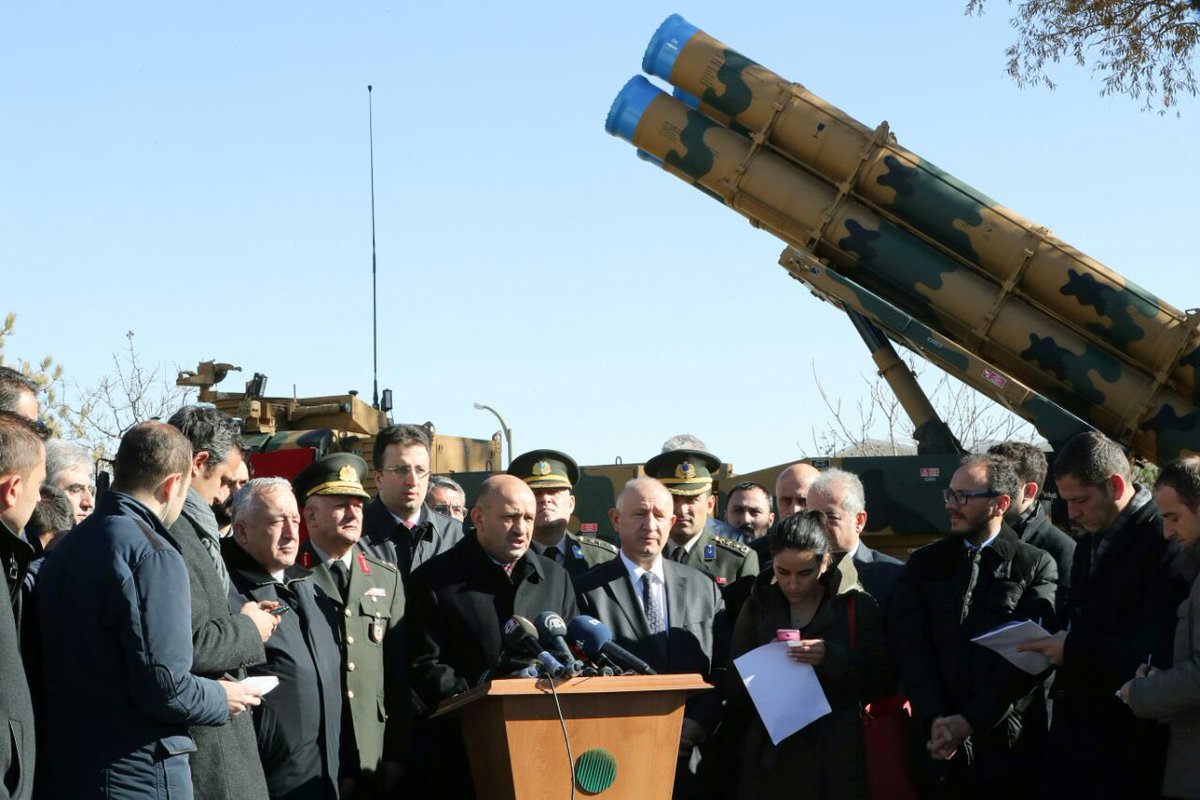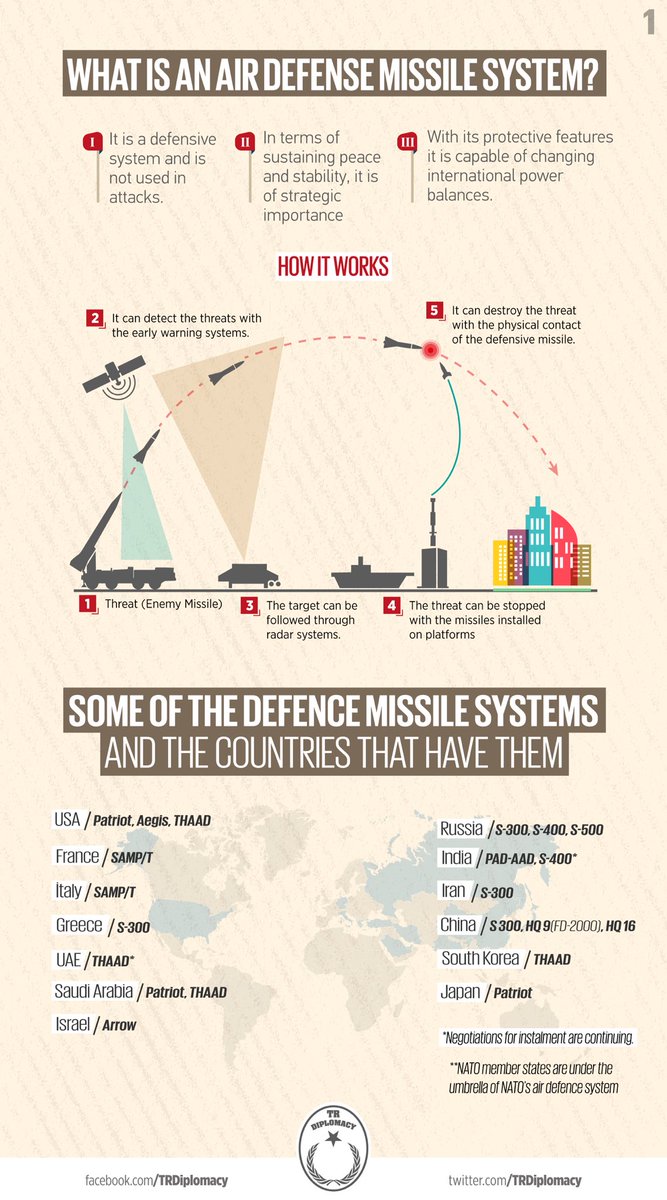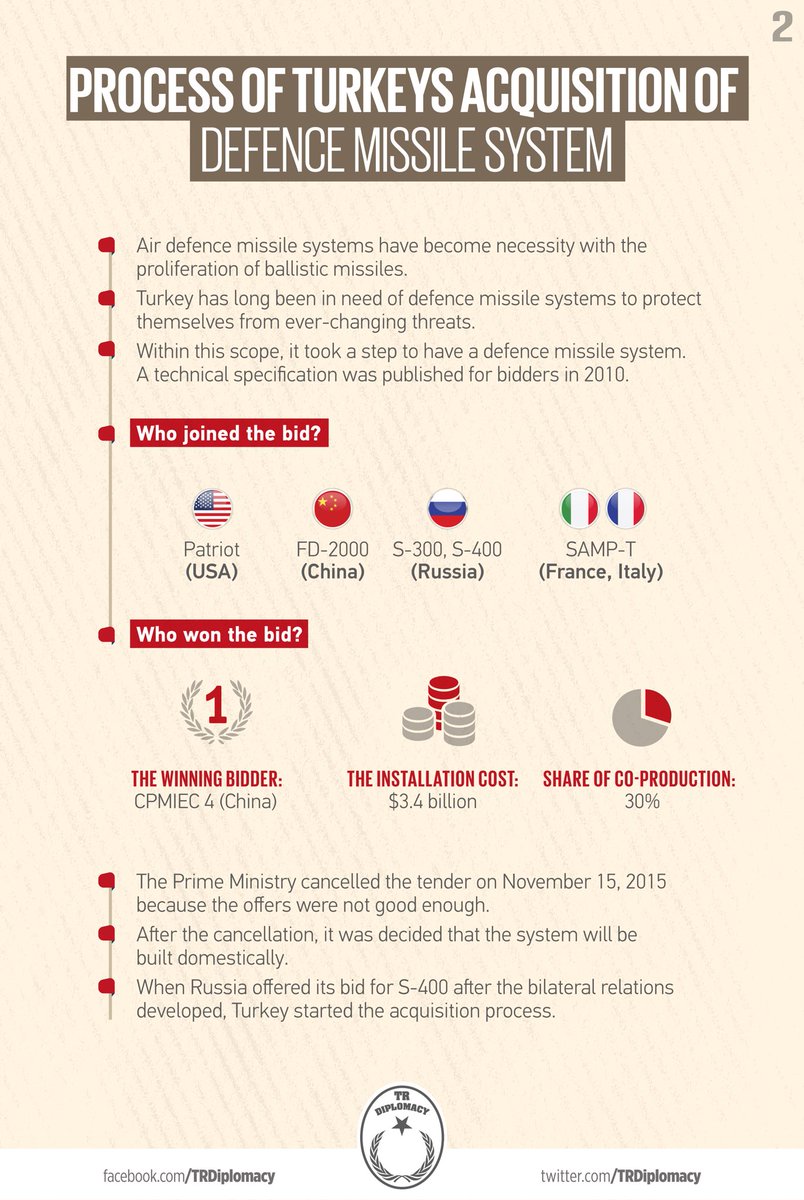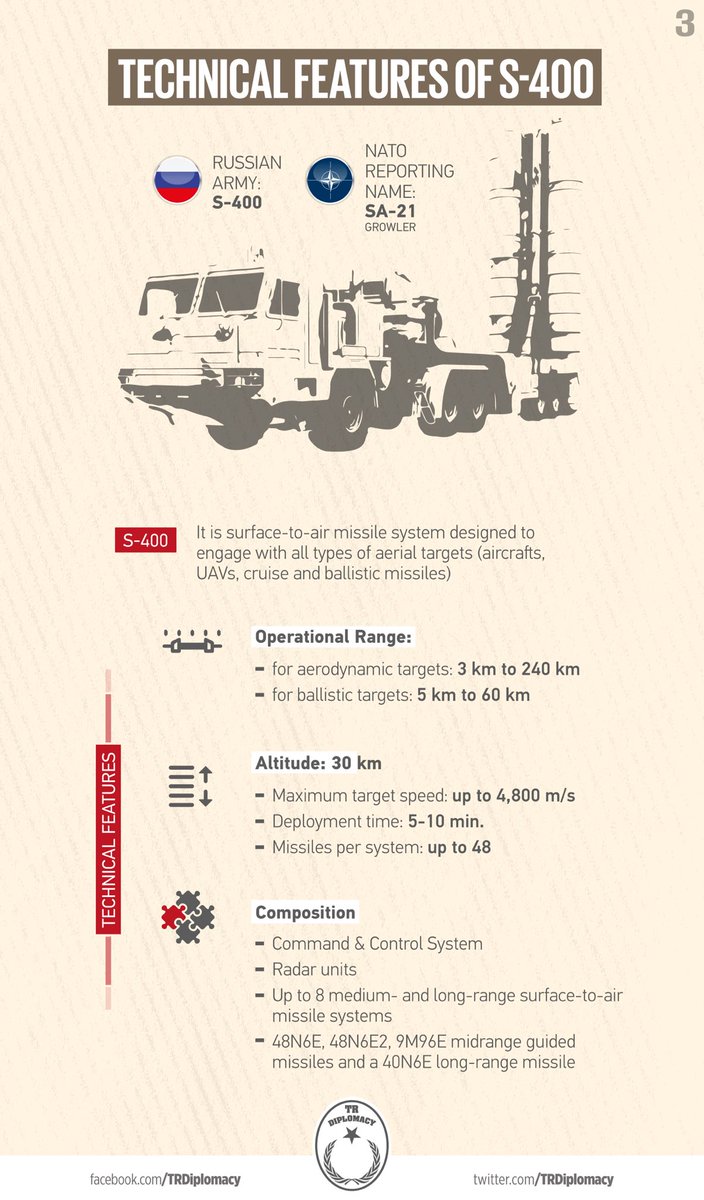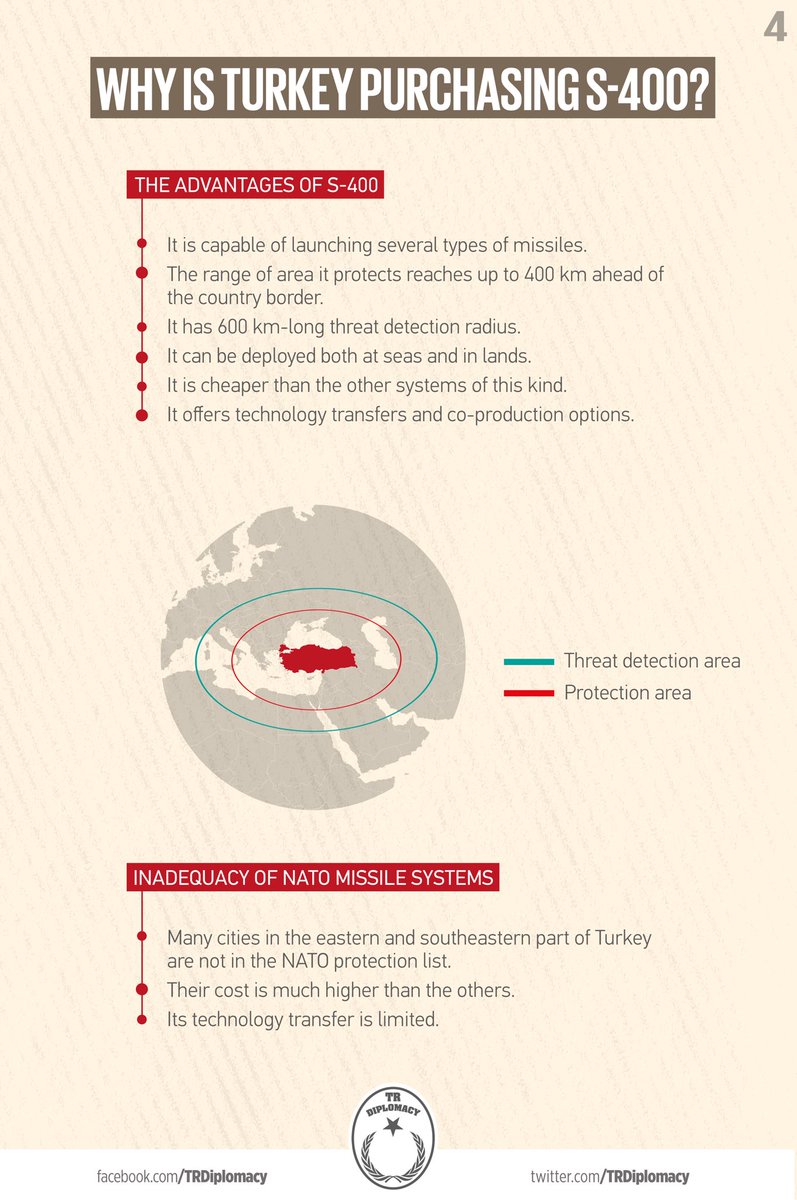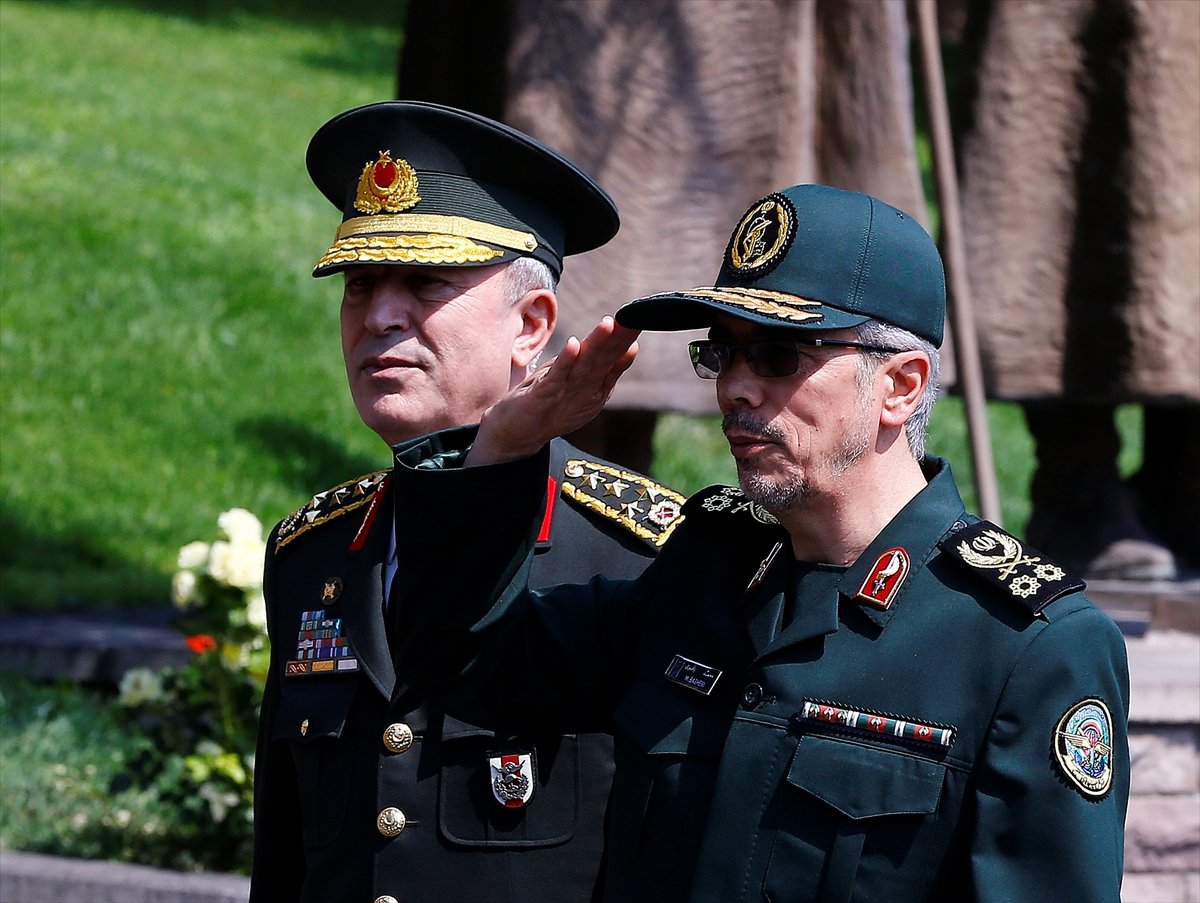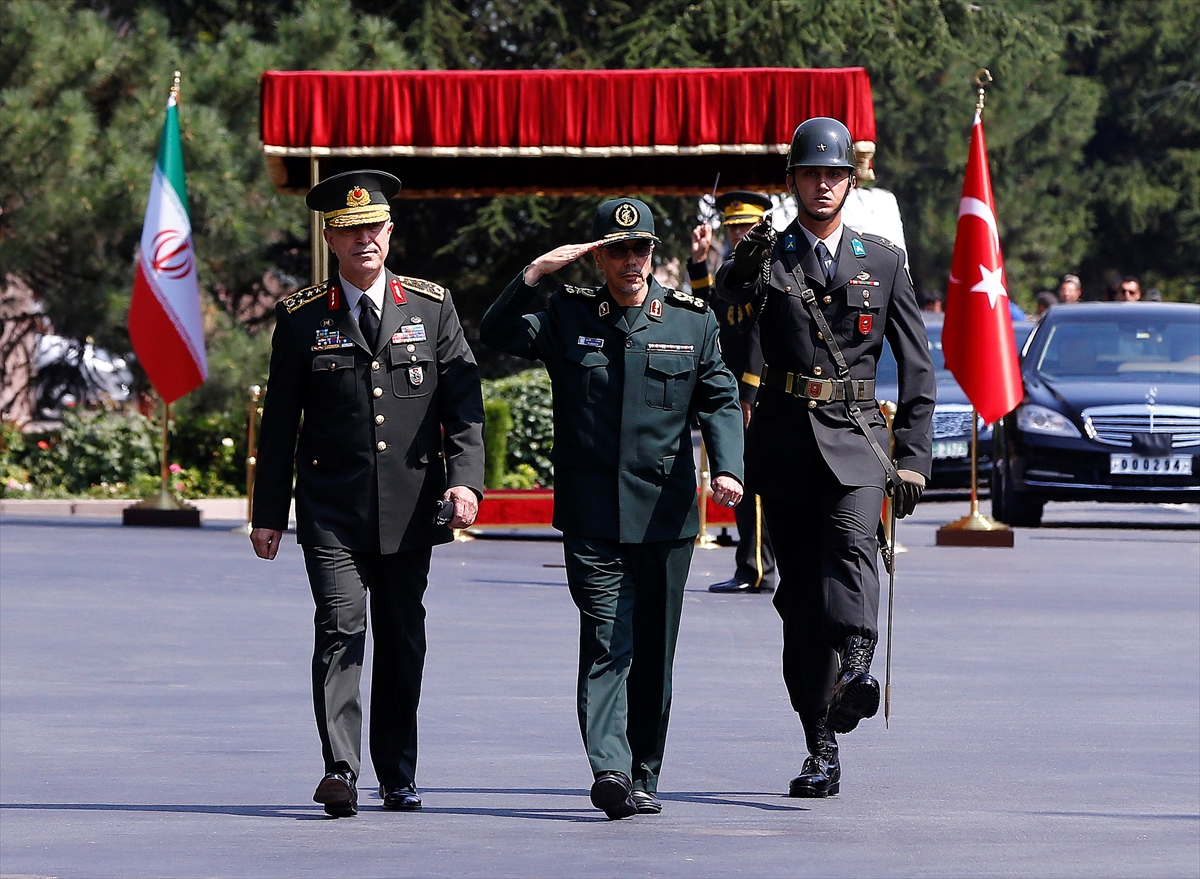Ankara expels objectionable officers
24,339 servicemen fired from Turkish army in five years
The Turkish Ministry of Defense has released an update on the number of personnel discharged from the Turkish Armed Forces since 2016.
Since the failed coup on July 15, 2016, the Turkish government has regularly fired officers, non-commissioned officers and civilian personnel on charges of membership in the so-called FETÖ (a term developed by the government of President Recep Tayyip Erdogan to refer to Fethullah Gülen's religious movement as an extremist organization).
The dismissal of officers does not require a court decision. It is noteworthy that about five times more officers were eventually fired from the Turkish Armed Forces than the number allegedly involved in the coup attempt.
BIG PURGE IN THE OFFICERS
Neo-nationalist retired officers and political groups loyal to the government insist that the sacked officers attempted a NATO-ordered coup in Turkey. And they welcome the purges carried out over the past years in the ranks of the country's Armed Forces, simultaneously demanding that Turkey withdraw from the North Atlantic Alliance.
A total of 24,339 members of the Turkish Armed Forces (TSK) have been laid off since 2016, according to updated figures. At the moment, an administrative process is underway to dismiss 1079 officers, who are likely to be removed from their posts in the coming days.
In addition, 3,213 retired officers were stripped of their ranks as if they had never served in the military.
According to official data, 8,651 military personnel took part in the coup attempt, which is only 1.5% of the personnel of the Turkish Armed Forces. Of these, 1,761 were conscripts and 1,214 were cadets.
Considering that about 150 generals and thousands of low-ranking officers were convicted of coup d'état, military experts find it strange that so few people participated in the coup attempt.
Generals who have been convicted and sentenced to lengthy prison terms (or are still on trial) are accused of alleged links to Fethullah Gülen's movement.
Henri Barki, director of the Wilson Center's Middle East Program in Washington, said earlier that many of the generals fired by the Turkish government took a pro-NATO and pro-US side, anticipating a possible shift in relations between Turkey and NATO.
Barki later faced charges of aiding FETÖ in an attempt to overthrow the government in 2020 and a warrant was issued for his arrest.
EDUCATION FALLS, NATIONALISM GROWS
In 2021, Western media cited statistics according to which Turkish officers who received the rank of general after the coup attempt were relatively less educated and less qualified than their counterparts in previous years, especially before 2016.
According to the unwritten practice of the Turkish Armed Forces, colonels, who are staff officers who graduated from prestigious military academies, were usually promoted to the rank of general.
They spoke at least one foreign language, received a master's degree in non-military fields and received special training in military strategy, tactics and command and control. They were often sent on missions abroad, especially within NATO. Military attachés were usually chosen from among them.
After the 2016 coup attempt, the government changed the selection process for staff officers.
First, a number of specialized educational institutions were abolished, and a new faculty called the Joint Military Institute was created at the recently opened National Defense University. A new examination system has also been introduced, under which the decision on who can be a staff officer is made at the government level.
Former Chief of Intelligence of the General Staff Ismail Hakki Pekin, who is also a close associate of the chairman of the ultranationalist VP Party Mehmet Perincek, said in 2019 that the imprisoned Turkish military officers were highly qualified, hardworking and conscientious in their duties, possessed master's degrees and doctors of sciences.
After the dismissal of pro-NATO officers and the adoption by the government of Recep Tayyip Erdogan of a set of measures to attract military personnel loyal to him to the vacant positions, the influence of the so-called retired neo-nationalist officers, known as "Eurasians", increased in Turkish public opinion.
The "Eurasian" officers are in favor of Turkey's alliance with the Russia-China-Iran axis. They often appear with comments on Turkish pro-government TV channels. While these speeches are far from the only factor influencing Turkish public opinion, recent polls give an idea of how successful they are in influencing public sentiment.
CRISIS IN THE TURKISH AIR FORCE
In addition to the fact that Turkey is experiencing difficulties in acquiring new generation fighters, its Air Force is experiencing the worst days in its history in terms of training flight and maintenance personnel.
Massive purges have affected hundreds of pilots and thousands of ground personnel who were fired from service on trumped-up terrorism charges in the aftermath of the 2016 coup.
The Turkish air force was already far from ideal, thanks to a 2012 law that made it easier for pilots who chose well-paying jobs in the private aviation industry or airlines to retire. The General Staff had to put pressure on Recep Tayyip Erdogan to repeal this law.
And in the end, in 2014, the General Staff managed to achieve an amendment to the law in order to slow down the outflow of highly qualified personnel. But a fair amount of damage has already been done, with a total of 251 pilots asking for resignation or dismissal under a 2012 law that reduced mandatory service to 13 years.
An unexpected purge of hundreds of pilots in the summer of 2016 further worsened the situation. Many combat aircraft were simply left without crews.
The Turkish Air Force, which had already lost some of its pilots months before the coup attempt, was further paralyzed by the Erdogan government's unprecedented purge of aircrew and maintenance personnel, without effective administrative, military or judicial investigation of the irregularities.
LESS BUT MORE LOYAL
The Turkish Air Force called up 1,040 military pilot candidates in 2017, who had been excluded in previous tests. It is reported that 830 of them passed the test of competence and lengthy training to become military pilots.
In an effort to make up for the shortfall, the Turkish government also issued a call in 2017 for the return to service of former fighter pilots, most of whom work in civil aviation. But only 40 out of 300 former pilots responded to this call.
In conclusion, let us cite the opinion of Abdulkadir Selvi, a columnist for the Hürriyet newspaper, a journalist close to President Erdogan who receives information directly from his administration.
Abdulkadir Selvi believes that Ankara may involve from 25,000 to 50,000 troops in the upcoming Turkish military operation in northern Syria. However, in light of the mass layoffs of officers of the Turkish Armed Forces, these figures are likely to be adjusted.
https://nvo-ng-ru.translate.goog/forces/2022-12-08/7_1217_army.html?_x_tr_sl=ru&_x_tr_tl=en&_x_tr_hl=en
_edit.jpg)

























